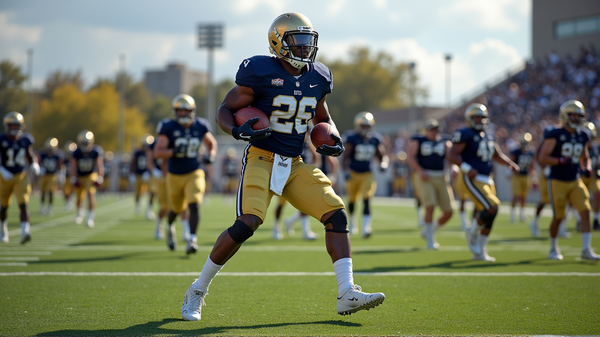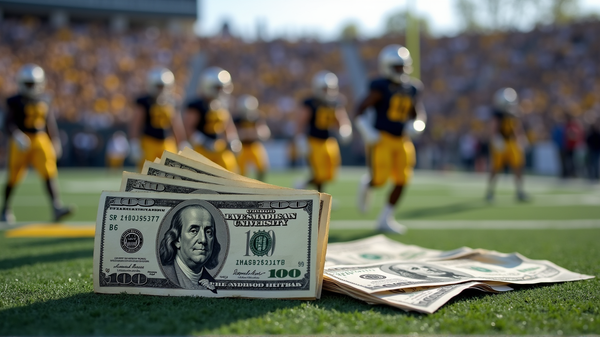Settlement Looms in Northwestern's Hazing Scandal
In a major turning point for both parties involved, former Northwestern football players are expected to reach a settlement with the university. They had previously sued over a long-term hazing scandal under ex-head coach Pat Fitzgerald. This prospective settlement stems from a mediation process that aimed to put an end to a sequence of legal entanglements.
Provisional Settlement Reached
The legal representatives of the former players announced on Tuesday that they had reached a “provisional settlement” with Northwestern University. This development promises to fully resolve the claims levied against both the university and Fitzgerald. Although the specific terms remain confidential, the resolution aims to create a pathway for all parties to move forward positively.
The Allegations and Legal Battle
The hazing scandal first surfaced when a player reported witnessing egregious and inhumane behavior during practices and games. Allegations described coerced sexual acts among other severe practices. As stated in WTTW News, Fitzgerald was initially suspended for two weeks but was subsequently fired in July 2023 amid mounting evidence of the scandal’s breadth.
Pat Fitzgerald’s Ongoing Lawsuit
Despite the impending resolution for the players’ lawsuits, Fitzgerald has filed his own lawsuit against Northwestern. He maintains his innocence and alleges wrongful termination, claiming it has tarnished his reputation. Currently, his trial is scheduled for November 3rd, promising to extend the narrative further before reaching final closure.
Investigation Findings
Northwestern’s own investigation, led by attorney Maggie Hickey, acknowledged significant opportunities for the staff to have recognized and reported the misconduct, though it found no concrete evidence that Fitzgerald was aware of the hazing activities. This report played a crucial role in shaping the legal landscape faced by the university and Fitzgerald.
Impact and Aftermath
While this settlement marks a significant juncture in resolving the players’ claims, it leaves an open chapter in the hazing scandal narrative. Fitzgerald’s legal battle with the university remains unresolved, with significant reputational and financial implications for all involved. The developments continue to draw attention to the broader issues of hazing in sports and the accountability of those in leadership roles.
This situation underscores not only the necessity for transparency and responsibility but also the far-reaching consequences of institutional failures in collegiate sports programs. The conclusion of these settlements may provide some closure, yet the challenges of reform and culture change persist.




